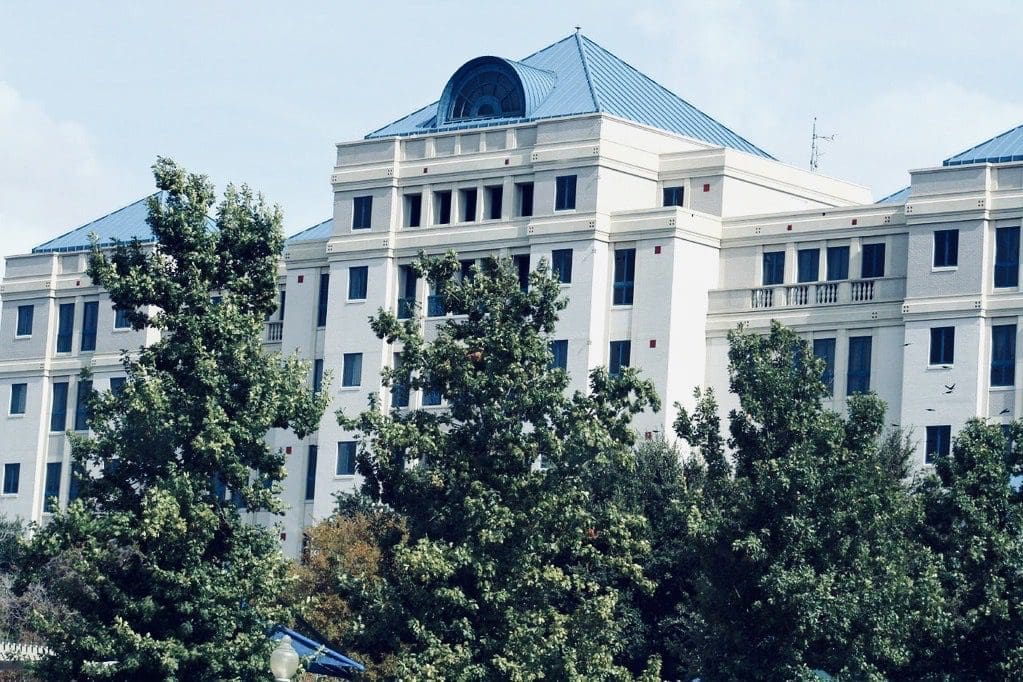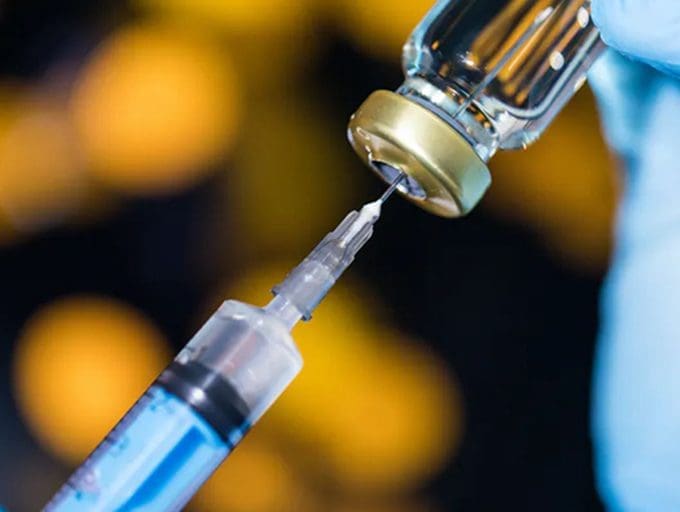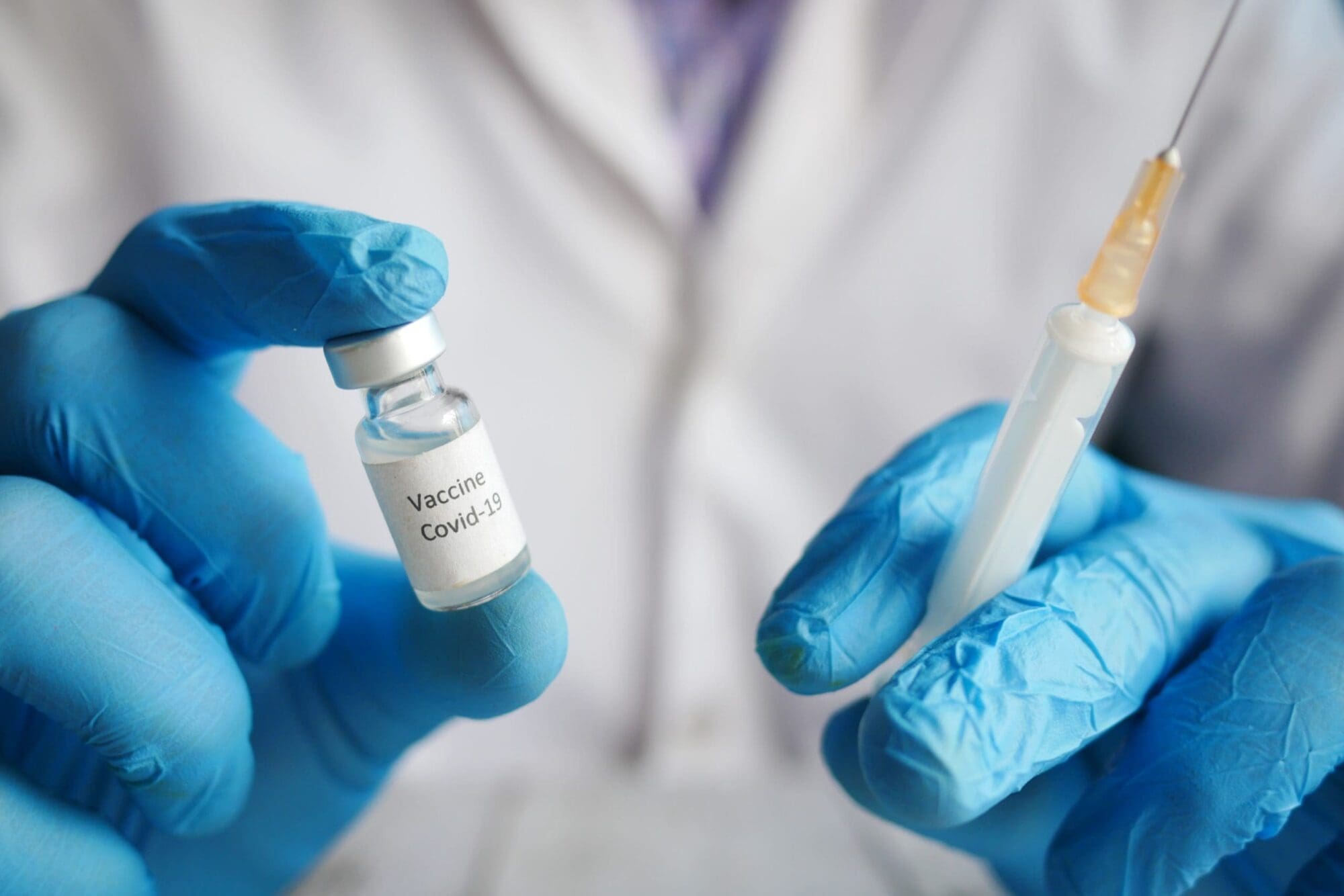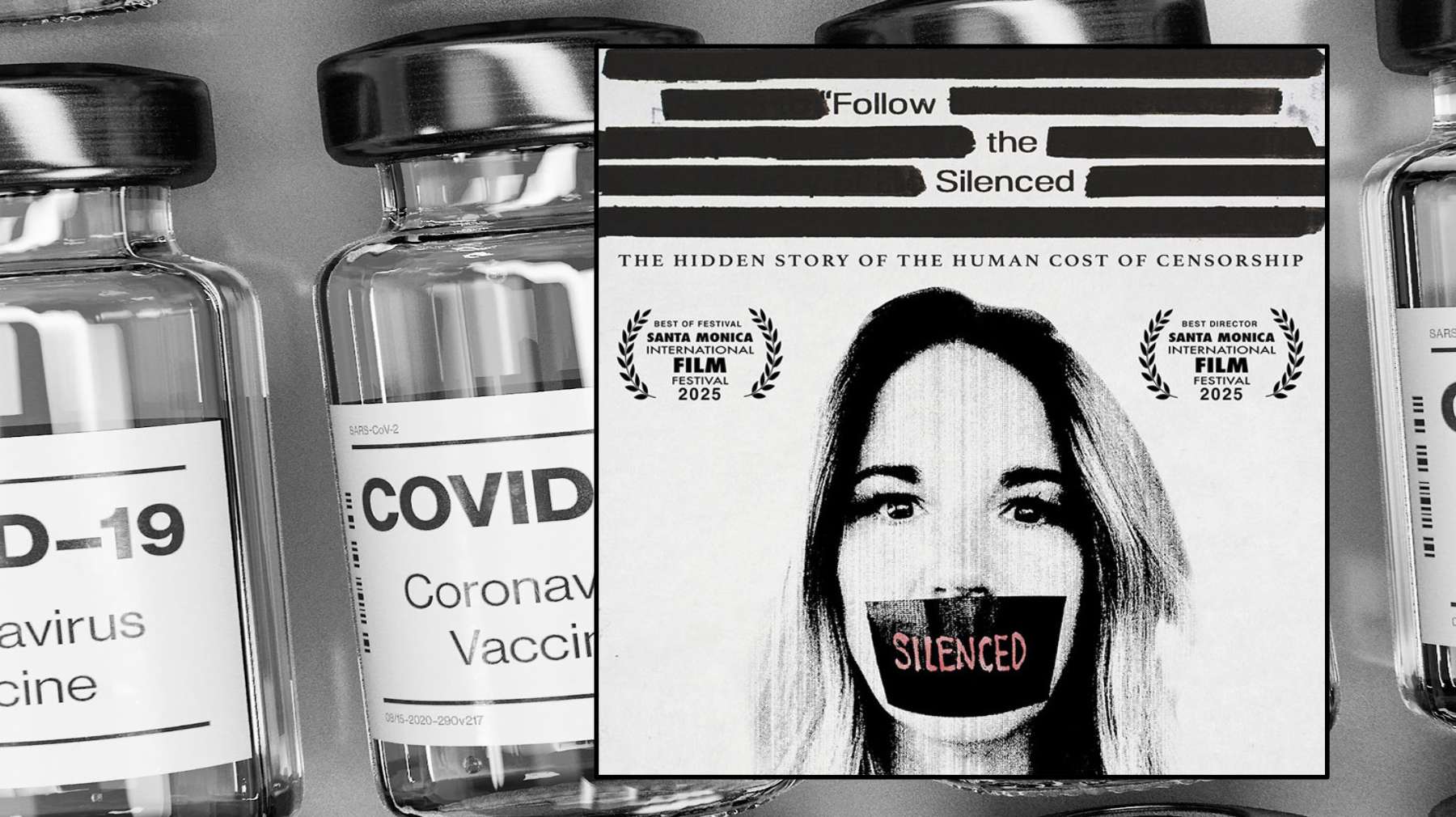Amid a national debate on the usage of the experimental coronavirus vaccines, one North Texas family is facing the results of policies that choose one-size-fits-all mandates over medical choice.
In his senior year of high school, Doss Haugen should be planning his future, applying to college, and enjoying his last year of high school to its fullest. Instead, he’s confronting the realities of a COVID world.
Cook Children’s Hospital has always been a fixture in Doss’ life. At the age of 1, his mother, Kristen, donated a kidney to her son and he underwent a kidney transplant. Now, Doss is in kidney failure once again.
Although Doss meets all of the health, social, and familial qualifications for receiving a transplant, Cook Children’s transplant committee is denying him based on his family’s refusal to risk using an experimental coronavirus vaccine on their son—whose own blood filtration system is already failing.
Doss has been in kidney failure for two years now, and his nephrologist recommended a transplant last May. In the lead-up to presenting his case to the transplant committee, Doss was subjected to a multitude of tests, including blood work, sonograms, MRIs, heart tests, and infectious disease testing.
Throughout the testing, Doss and his parents also met with the transplant coordinator. The transplant coordinator and surgeon approached Kristen and her husband, Eddie, about vaccinating Doss.
According to Kristen, they rattled off all of the general reasons for taking the coronavirus vaccines but did not mention anything about Doss’ specific case or the risks involved.
“[They] will not and do not discuss the risks involved with the vaccine. They do not even say there are risks too. They don’t tell you that side of it. They don’t tell you that it’s experimental, which, it is experimental. Because even if it’s been approved by the FDA, there’s no long-term anything. And they do not mention that there’s [a] risk of myocarditis”.”
Kristen listened to their reasoning and told them no. When they pressed, she simply told them that Doss would not be getting the coronavirus vaccination.
At this point, the transplant coordinator, who the family has known for years, responded:
“Well, just so you know, there are people on the transplant committee that do not believe transplant is a patient right. And he can just be on dialysis.”
Kristen was warned that Doss’ vaccination status could affect the committee’s approval despite his otherwise great qualifications, but Kristen says she had hoped they were bluffing or just trying to get them to vaccinate Doss.
However, about two weeks later, the transplant coordinator called Kristen. Their family had just lost Eddie’s brother unexpectedly the day prior, and everyone was in shock. Amid their loss, the transplant coordinator told Kristen:
“Just wanted to let you [Kristen] know that the committee did decide that we’re not going to actively list any patients on the transplant list that have not been vaccinated for COVID-19. I just wanted to give you that heads up.”
Already in shock, Kristen acknowledged the coordinator and hung up. A few weeks later, Doss was officially denied the transplant due to his vaccination status.
Kristen said they have given the hospital time to do the right thing but are now looking at transferring Doss’ care to another hospital system without a vaccine mandate for transplant candidates.
“We’re not anti-vax or anything like that,” said Kristen. “We’re about safe products. Our son takes all kinds of medications. Obviously, we’re not like anti-medicine or anything like that. But we decide with our doctor, with our doctors’ help, whether medications’ benefit outweighs the risk. And ultimately, we are the ones, with our son, that have to live with the decision that’s made for him. We have a responsibility to him; our conscience will not allow us to get this vaccine. And that shouldn’t mean that he doesn’t get to get a transplant.”
In December, Doss was at Cook’s once again for lab work and an appointment with his nephrologist. Fourteen days prior, Doss had come in contact with someone with a positive COVID-19 test, so the nephrologist’s office refused to see him.
Kristen and Doss had Doss’ lab work done in the meantime, since it’s a separate office.
“So, we go to get his labs done. And the phlebotomist, that’s been his phlebotomist for 18 years and we love her to death, said, ‘Oh, there’s a little issue with the order. So, let me call the doctor real quick. And I’ll get it sorted out, then I’ll be right back.’ She comes back in and that same nurse, that transplant coordinator, she called her [phlebotomist] and told her not to draw my son’s labs.”
At this point, Kristen requested to talk to a hospital administrator.
“And I told him, this is how it’s going to go: You’re going to draw my son’s labs. If you choose not to do it, that’s fine. But you’re going to have to get police in here. And police are going to have to drag me out kicking and screaming, because I won’t go willingly. And that’s fine, if that’s what you want to do. And it’ll be all over social media. … But my son’s getting his labs drawn. If I can do it, if I can help it, if I can help my son, he’s going to get his labs drawn today. And they drew the labs. They did the labs after they walk[ed] us past 45 people to go to a room that was ventilated.”
Kristen and her family are incredibly disappointed in the policies being enforced at Cook’s, because they have been in and out of that hospital for 18 years.
“We have always loved Cook’s. We have been with them for this long. We’ve gone down long roads with them. We’ve lived there. I had my transplant there. I donated there to my son. You know, we love nurses there. We love our phlebotomist there. We love our doctor; our doctor is actually advocating for my son. She actually wants him to have a transplant. Her hands are tied because she’s not on that committee.”
“We gave them the opportunity to do the right thing,” said Kristen. “We’re being backed into a corner because my son’s health is deteriorating.”
Doss is a senior, in the middle of that last stretch of childhood before becoming an adult. He just wants to play basketball and become a pilot someday.
“It’s not supposed to be like that, but it’s definitely not supposed to be [like that] when you’re sick,” said Kristen. “You’ve got people putting battles in front of you that don’t need to be put there.”
Eddie is concerned with the erosion of choice involved in these sorts of policies.
“We’re at such a crossroads … us and the rest of society with our freedoms. This is one small one that they’re taking away or attempting to take away,” he said. “And I would like people to see that this is where it starts.”
But for Kristen, this battle has a much more narrow focus: Doss.
“As a parent, you have a conscience, and you have a responsibility to your child. There should be no debate on this vaccine. There should be just no debate because there’s zero idea of what this could do to a person long-term.”
Kristen also recognizes that there are other families traversing the same situations they are, but who are exhausted and don’t have the energy to fight the system. “I have the energy to do it.”
Kristen added that to fight “just for those families that aren’t able to fight” is reason enough.
“And it’s scary,” Kristen acknowledged. “Cook’s, it’s a big hospital. It can be scary, but I’ve got do what’s right for my son. I have to, I have to stand up for him. Who else is gonna stand up for him? No one else is gonna stand up for him. It’s just about him. For me, it’s just about us getting him that kidney. And also, I mean, Cook’s needs to be held accountable. They do not need to do this to anybody else.”
Cook Children’s Health Care System previously attempted to deny baby Tinslee Lewis life-saving care under the 10-day rule, which allows a hospital committee to end life-saving care, even if the patient or patient’s guardian objects. Pro-life attornies secured a temporary restraining order against the hospital, and Tinslee is alive today, more than two years later.
“People don’t know what’s going on,” Kristen said regarding the hospital policy that is denying her son a kidney.
Cook Children’s own nurses aren’t even aware of the policy. A couple of weeks ago while on another hospital trip, Kristen said, “All of his nurses that we’ve known forever, and literally were with them two days a week for years and years, they’re [asking], ‘Oh, Doss, is he fixing to get his kidney?’ And I’m like, ‘No, actually, no. They’re keeping him from getting it.’” The nurses were flabbergasted.
Kristen is seeking awareness for the issue, even though she hates the attention.
“If I don’t say what’s happening, nobody’s gonna know what’s happening. So, I’ve got to say it, even though it’s so uncomfortable for me. The only thing that’s driving me is the love for my son.”





